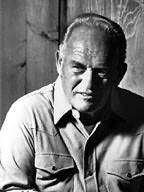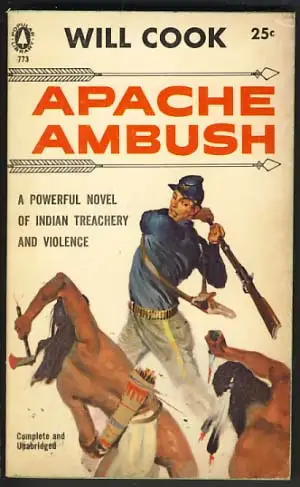Bergson went over in his mind the things
that had held him back. One winter his cattle had perished in a blizzard. The
next summer one of his plow horses broke its leg in a prairiedog hole and had
to be shot. Another summer he lost his hogs from cholera, and a valuable
stallion died from a rattlesnake bite. Time and again his crops had failed. He
had lost two children, boys, that came between Lou and Emil, and there had been
the cost of sickness and death. Now, when he had at last struggled out of debt,
he was going to die himself. He was only forty-six, and had, of course, counted
upon more time.
The opening extract from Cather’s 1913 novel is just
one of the gemlike observations from this gorgeous novel.
It was offered as one of The 100 Best Western Novels
by editor Jon E. Lewis.
It is not your formulary Western chockful of rootin’-tootin’-shootin’
action by any stretch of the imagination—if that is what one requires, look
elsewhere.
But…but, if one allows the prose to wash over one, the
people with their hopes, dreams, internal frictions in a small Nebraska town
come alive.
Cather’s own experience growing up on the plains fuels
the reality of what she offers.
Like most of their neighbors, they were
meant to follow in paths already marked out for them, not to break trails in a
new country. A steady job, a few holidays, nothing to think about, and they
would have been very happy. It was no fault of theirs that they had been
dragged into the wilderness when they were little boys. A pioneer should have
imagination, should be able to enjoy the idea of things more than the things
themselves.
Here the rural envies the cosmopolitan, but the tables
are turned.
Which are we?
“I'd rather have had your freedom than my
land."
Carl shook his head mournfully.
"Freedom so often means that one isn't needed anywhere. Here you are an
individual, you have a background of your own, you would be missed. But off
there in the cities there are thousands of rolling stones like me. We are all
alike; we have no ties, we know nobody, we own nothing. When one of us dies,
they scarcely know where to bury him. Our landlady and the delicatessen man are
our mourners, and we leave nothing behind us but a frock-coat and a fiddle, or
an easel, or a typewriter, or whatever tool we got our living by. All we have
ever managed to do is to pay our rent, the exorbitant rent that one has to pay
for a few square feet of space near the heart of things. We have no house, no
place, no people of our own. We live in the streets, in the parks, in the
theatres. We sit in restaurants and concert halls and look about at the
hundreds of our own kind and shudder."
Ponder this precious diamond of a throwaway line.
People have to snatch at happiness when
they can, in this world. It is always easier to lose than to find.
Or this observation in tune with the tides of life.
When she went out into the dark kitchen to
fix her plants for the night, she used to stand by the window and look out at
the white fields, or watch the currents of snow whirling over the orchard. She
seemed to feel the weight of all the snow that lay down there. The branches had
become so hard that they wounded your hand if you but tried to break a twig.
And yet, down under the frozen crusts, at the roots of the trees, the secret of
life was still safe, warm as the blood in one's heart; and the spring would
come again! Oh, it would come again!
A truly gorgeous novel.
Wise, mature, observant. Real.







